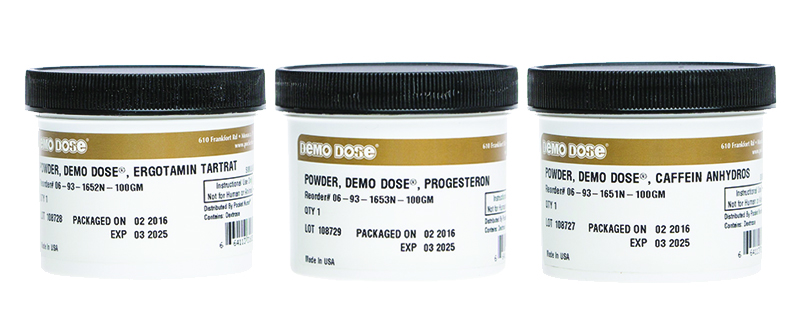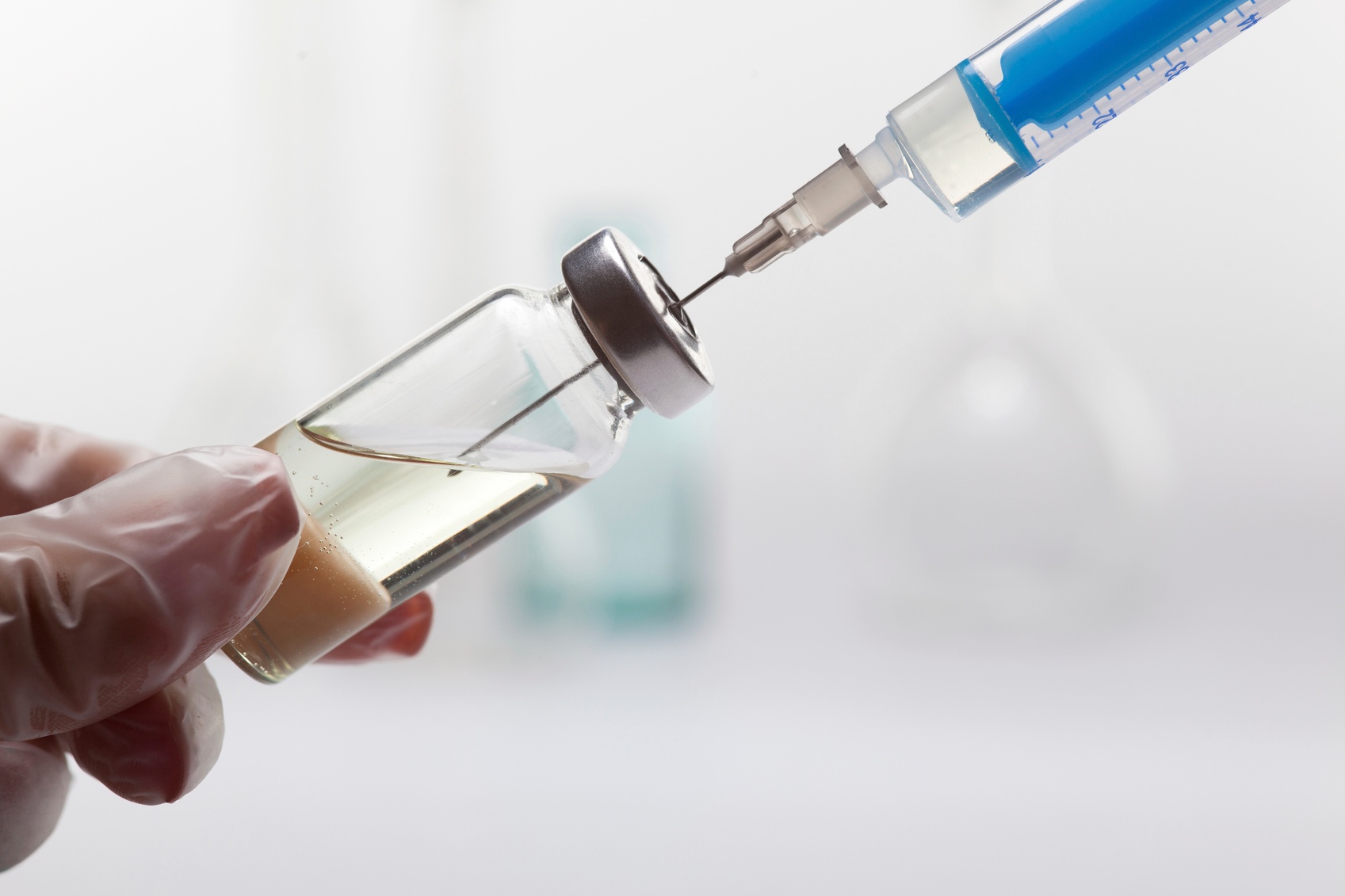
In 2012, a multistate meningitis outbreak was traced to a contaminated compounded medication. In order to ensure patient safety and raise the quality of compounded medications, many boards of pharmacy decided to enhance and strengthen compounding regulations. To support healthcare organizations in complying with these requirements, the Joint Commission ...

Millennials, defined as the generation born between 1979 and 1998, now outnumber Baby Boomers as the largest generation in America. (Poor Gen X’ers aren’t even close.) Millennials have a different approach to healthcare than Boomers, which is hardly surprising. ...

1. Simulation is a better way to teach. Rather than sit in a lecture hall with 100 other students, giving pharm tech students access to simulated medications teaches them what meds look like and how they are dispensed.
![Featured post]()
One challenge in simulation is teaching medication management, dosing information, and administration. In the past, instructors had to search out expired medication and buy oranges in bulk (oranges being the stand-ins for injectable flesh). But let’s face it, expired meds are dangerous to use in simulation. And oranges are for eating, not injecting.

While epinephrine has been in the news lately because of the skyrocketing costs of the EpiPen®, a lesser known problem with the administration of this life-saving medication is ratio expressions. Many life-saving resuscitation drugs, including lidocaine, epinephrine, and sodium bicarbonate, are expressed in ratio concentrations (1:1,000 or 1:10,000), and ...










